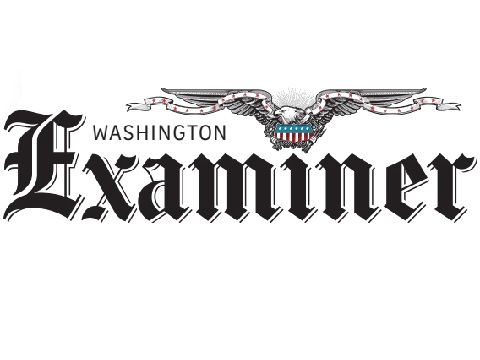This piece originally appeared in Washington Examiner on August 4, 2022.
For the latest demonstration of why people deserve a right to privacy when supporting nonprofit advocacy groups, look no further than the controversy surrounding the Supreme Court’s decision in Dobbs v. Jackson Women’s Health Organization.
The court’s ruling in that case overturned Roe v. Wade and Planned Parenthood v. Casey, the two legal pillars that supported abortion rights in the United States. Such a consequential action on a deeply contested issue has elevated political tensions, and these tensions can escalate to acts of violence and intimidation that have no rightful place in our democracy.
After a draft of the majority opinion in Dobbs was leaked to the media, pro-life groups suffered a wave of arson and vandalism. Wisconsin Family Action, a group that advocates Judeo-Christian values in its state, was the target of one such arson in May in retaliation for its pro-life views. Spray-painted on the outside of the building was a warning: “If abortions aren’t safe, then you aren’t either.” Other attacks with the same warning have occurred in Maryland, Washington, Florida, and North Carolina.
A group that claimed credit for the attacks released a statement promising “increasingly drastic measures” that “may not come in the form of something so easily cleaned up as fire and graffiti.” In a June letter to Attorney General Merrick Garland, Sen. Tom Cotton (R-AR) outlined a list of more than 50 recent attacks against churches, pro-life pregnancy centers, and other pro-life organizations.
Pro-choice groups have plenty of reasons to fear for their privacy too. In 2015, a mass shooter targeted a Planned Parenthood in Colorado Springs, killing two civilians and a police officer and injuring nine other people. In recent years, attacks by arsonists and vandals against Planned Parenthood facilities have occurred in Indiana, Missouri, Florida, Tennessee, and Delaware, among other states.
During times like these, it’s especially important that people can support their causes safely. The best way to ensure that is to protect the right to privacy when people join and support advocacy groups.
We know from history that when group associations are made public, ordinary people become targets for political retribution. To give one recent example, when data were leaked on donors to the “Freedom Convoy” in Canada, one shop owner in Ottawa faced death threats and was forced to close her business. The Washington Post took it upon itself to dig through the data to interrogate and expose American donors to that cause, too, including some who gave as little as $50.
Another breach of donor data caused a Virginia police officer to lose his job over a $25 contribution to Kyle Rittenhouse’s defense fund. And in 2019, Rep. Joaquin Castro (D-TX) tweeted a list of the names and employment information of 44 San Antonio residents who donated to President Donald Trump’s campaign. One donor shared an explicit, harassing voicemail she received from a caller threatening to spread the donor’s personal information across the internet and barrage her with spam calls.
If supporters of nonprofit causes were exposed by government mandate, as proposed by legislation such as the DISCLOSE Act, more people would suffer similar harassment, and fewer people would make their voices heard. That’s antithetical to the First Amendment and a healthy democracy. Speech and association aren’t free if they come at the cost of our safety.
If we wish to maintain our democratic voices, donor privacy must be non-negotiable. Groups on both sides of the aisle deserve the right to speak on public issues, particularly on controversial issues such as abortion, without putting their members in danger.
The straightforward solution is to treat privacy as fundamental to the safety of those engaged with contentious issues. First Amendment rights can’t be fully enjoyed if exercising them puts yourself in harm’s way.
Importantly, groups should not have to demonstrate their need for privacy in order to keep it. By then, it’s far too late. Legislatures and courts should protect free speech by defending privacy well in advance of the harassment, violence, and retaliation that threatens to silence the many passionate voices necessary to improve our nation.














